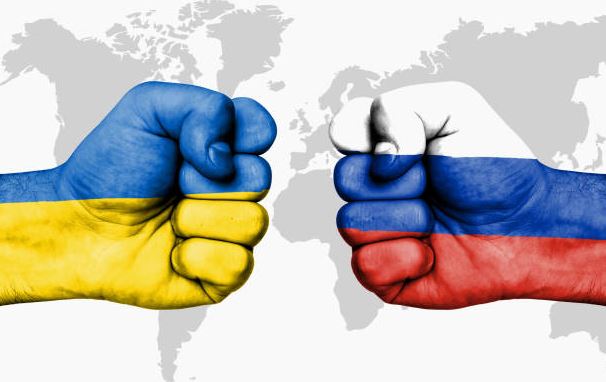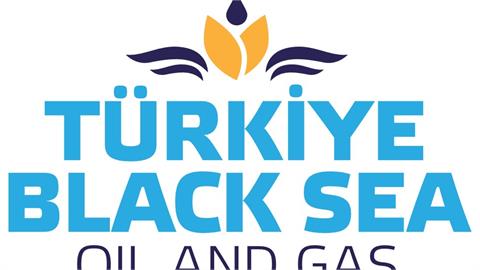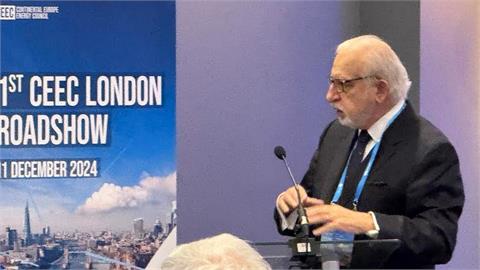In its latest News Analysis, the Institute looks into the impact of the war in Ukraine in terms of the economy and politics. This is an attempt to address holistically the issue of sanctions imposed by the EU and USA on Russia, as a result of it invasion in Ukraine, and their backfiring on to the European economy and its political order.
In its latest News Analysis, the Institute looks into the impact of the war in Ukraine in terms of the economy and politics. This is an attempt to address holistically the issue of sanctions imposed by the EU and USA on Russia, as a result of it invasion in Ukraine, and their backfiring on to the European economy and its political order.
This News Analysis, which is freely accessible, (here) discusses EU’s desperate efforts to secure additional gas supplies from a variety of sources outside the Union including Algeria, UAE, and Azerbaijan. The 27-nation EU is now bracing for the possibility of a complete Russian cutoff of natural gas that powers industry, generates electricity and heats homes in winter. Governments have been pushing to fill underground gas storage facilities to try to avert a worsening energy crisis when the cold months arrive. In an effort to increase EU security of energy supply, member states reached on July 26 a political agreement on a voluntary reduction of natural gas demand by 15% this winter.
The political fallout in various European countries as a result of the war in Ukraine and subsequent misguided European sanction related initiatives is also examined focusing on latest developments in the UK, Italy, and France.
Furthermore, this IENE Analysis looks in some detail into the economic impact from reduced Russian energy flows to Europe and what this means for inflation and economic growth. According to the Bank for International Settlements (BIS) stagflation dangers loom large, as a combination of lingering disruptions from the coronavirus pandemic, the war in Ukraine, soaring commodity prices and financial vulnerabilities cloud the economic outlook.
The energy supply and demand outlook is also examined in the context of the present crisis and soaring coal, oil, gas and electricity prices and the broader global economic outlook.
The Analysis concludes by pointing out that the economic knock-on effects of the Russian invasion of Ukraine are already being felt throughout Europe. While the overall economic fallout is still difficult to predict, the impact will be different for different member states. It shows that the EU’s member states’ economic vulnerability to the Russian invasion of Ukraine is very unevenly distributed. To cushion the economic blow and ensure political unit, the EU will need to share more effectively some of the economic burden of this crisis.
Direct costs from sanctions and trade disruptions, rising inflation due to higher energy and commodity prices and mounting uncertainty will become a drag on Europe’s economy. After the pandemic, the Russian invasion of Ukraine is yet another external economic shock with asymmetric consequences across Europe.
This unequal distribution of the economic hardship across EU member states is not only an economic problem: it matters politically. Making sure that Europe sticks together in the coming months and possibly years in the face of Russia’s aggression will require burden-sharing to avoid some member states being affected much more than others.




